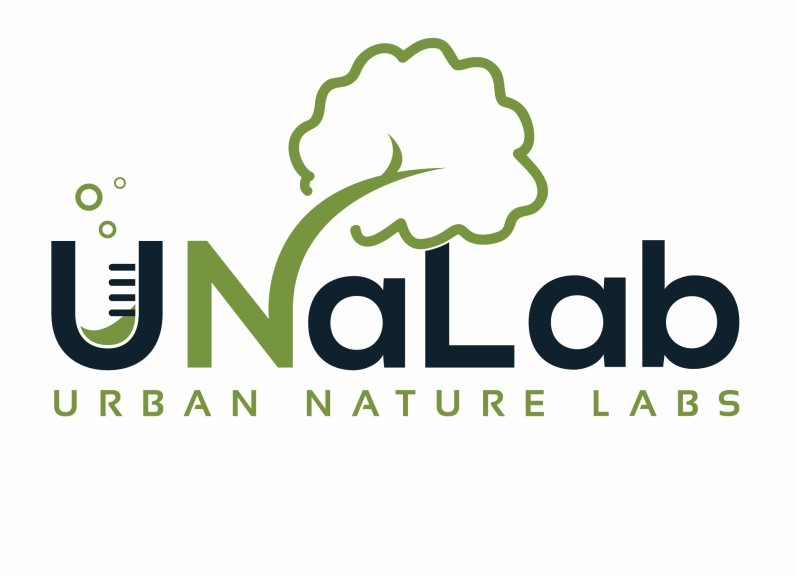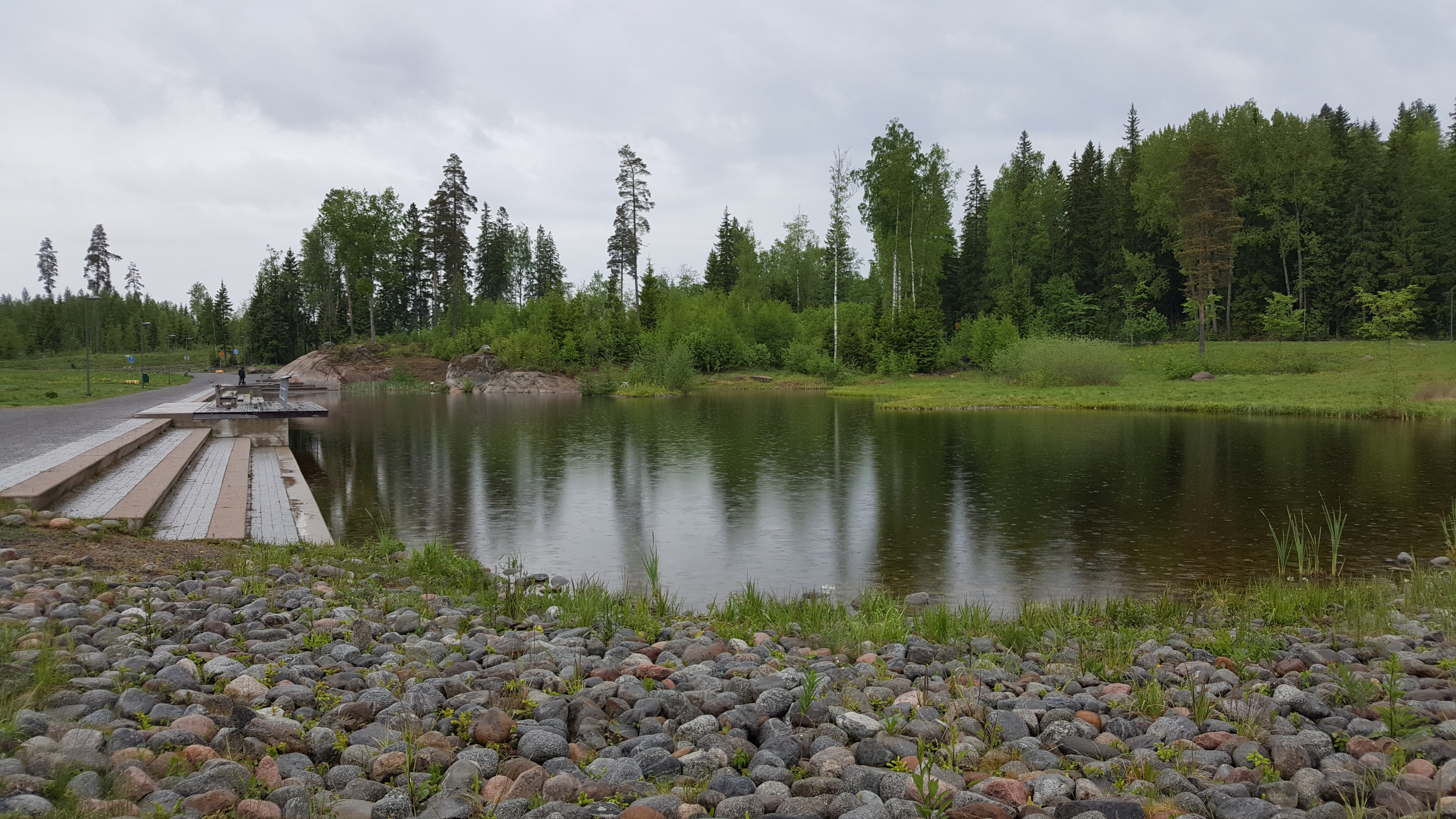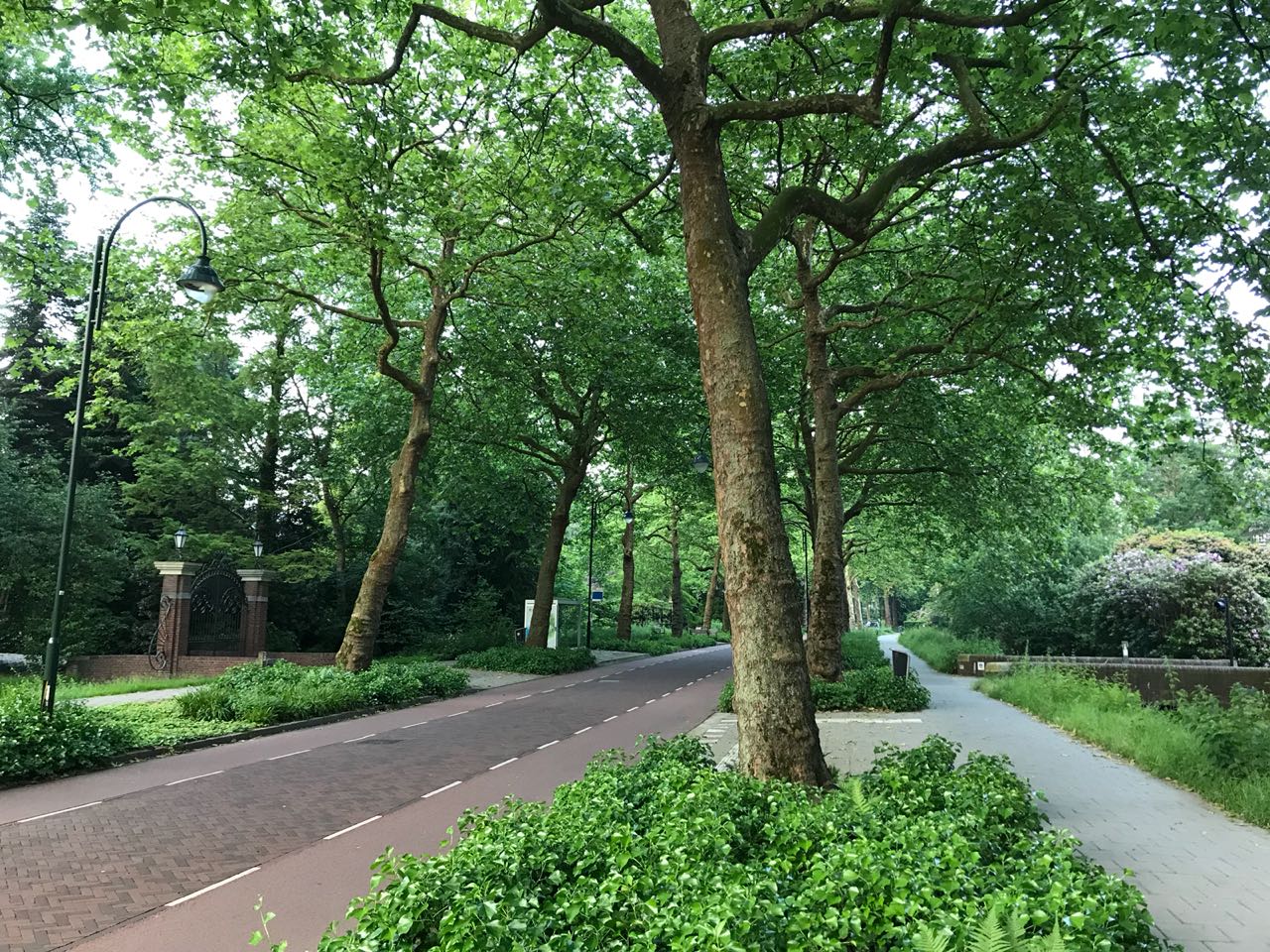The UNaLab consortium is comprised of 28 partners from 10 cities across Europe and beyond, including municipalities, research, business and industry. The three frontrunner cities, Tampere (FI), Eindhoven (NL) and Genova (IT), implement urban living lab demonstration areas in their cities. They address identified urban climate- and water-related challenges by co-creating NBS with local stakeholders and end users, using an innovative systemic decision support tool. The project aims at using the feedback from the urban living labs demonstration areas to create a widely applicable toolbox which will help other cities in developing and implementing their own NBS, including user-friendly handbooks, models and instruments that would provide insight into potential governance concepts and business models to be applied for the successful implementation of nature-based solutions.
The five follower cities Başakşehir (TU), Cannes (FR), Castellón (ES), Prague (CZ) and Stavanger (NO) are closely involved in the process and aim to develop and implement their individual NBS roadmaps and interventions using the experience of the demonstration cities with the support of Fraunhofer and the Technical University of Eindhoven. The non-EU replication and observer cities of Buenos Aires (AR), Hong Kong, Guangzhou (CN) and the network of smart Brazilian cities actively learn from the European NBS approach and foster the emergence of the global marketplace for innovative NBS solutions.
The innovative activities in UNaLab aim at generating a solid evidence base and develop a European reference framework for NBS. By applying this reference framework to municipalities, local communities, businesses and other stakeholders, the development of smart, inclusive, resilient and sustainable urban communities should be promoted.
This project has received funding from the European Union’s Horizon 2020 research and innovation programme under Grant Agreement No. 730052 Topic: SCC-2-2016-2017: Smart Cities and Communities Nature based solutions.


